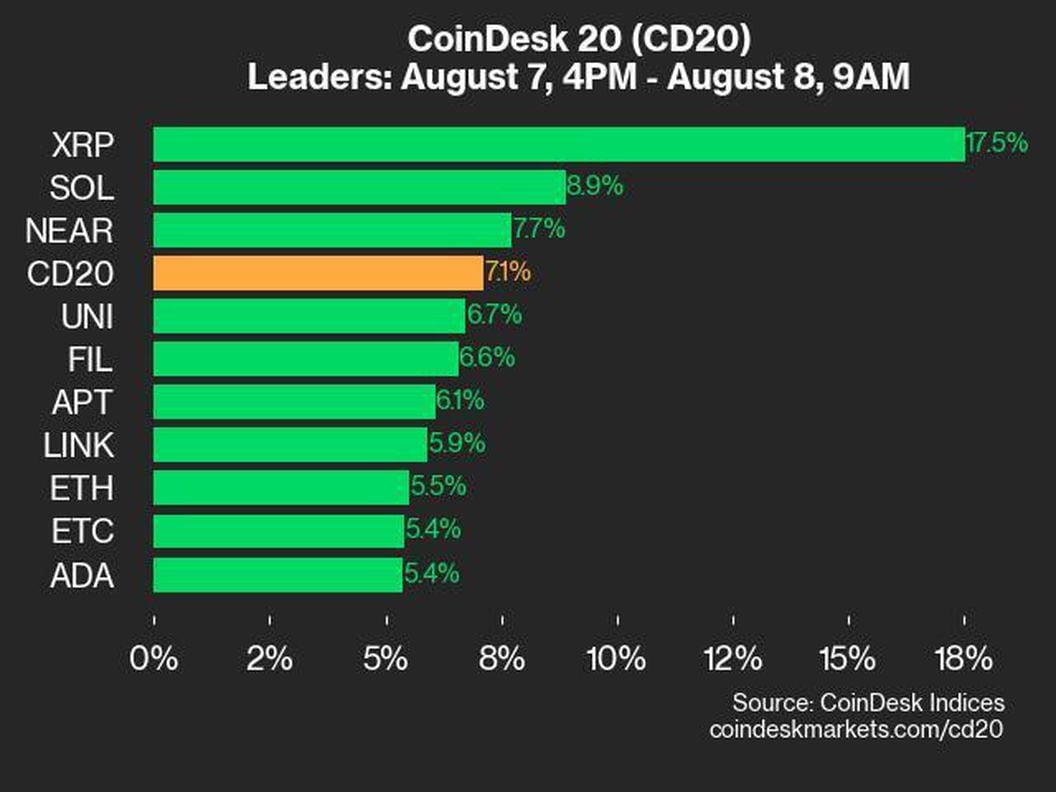Key takeaways
Options and stocks are two ways to put money to work in the market, but they offer sharply different profiles for risk and reward. Stocks offer high-risk, high-reward potential, while options take that a couple notches higher, with the possibility to double or triple your money (or more) at the risk of losing it all, often in the matter of a few weeks or months.
Here’s the story behind options and stocks, what they are and what kind of returns they can offer. Plus, we’ll look at a way to invest in stocks that raises your return while reducing your risk.
Differences between options and stocks
Stocks and options are closely related, but they’re very different things, especially when it comes to how much you can make or lose.
A stock is an ownership stake in a company, and it rises and falls over time depending on the profitability of the business. In contrast, an option is a side bet among traders over what price a stock will be worth by a certain time.
Stocks
A stock is a fractional ownership interest in a business and may trade on an exchange. A stock has an indefinite life and can continue to exist as long as a company exists.
In any given year, a stock can fluctuate significantly, but over time its performance should track the growth of the business. If the company grows earnings, the stock will rise over time. If its profit falls, the stock will fall. If the company goes bankrupt, the stock may cease to exist.
Options
An option is the right to buy a stock (or other asset) at a specified price by a specific time. Stock options may trade on a public exchange. An option has a fixed life, with a specific expiration date, after which its value is settled among investors and the option ceases to exist. The value of an option tends to decline over time, all else equal, and so it’s what is called a wasting asset.
Options come in two major varieties, and buyers make a cash payment called a premium to own an option contract:
The table below summarizes some of the key differences between stocks and options.
|
Characteristic |
Stocks |
Options |
|
Potential upside |
High |
Very high (and quickly) |
|
Risk |
High |
Very high |
|
Lifetime |
Potentially unlimited |
Limited, no more than about two years for public options, but often weeks or months |
|
Brokerage commissions |
No commission at major online brokers |
$0.65 per contract is typical, though some brokers charge no commission |
|
When you can trade |
Any time the market is open |
Any time the market is open |
|
Tax |
Can be taxed at short-term or long-term capital gains rates, depending on holding period |
Can be taxed at short-term or long-term capital gains rates, depending on holding period |
The pros and cons of stocks
Having an ownership interest in a company via stock offers many benefits, but also some drawbacks.
Advantages of investing in stocks
Disadvantages of investing in stocks
The pros and cons of options
Options generally are a higher-risk, higher-reward opportunity than stocks. Investors considering them should know all their benefits and drawbacks.
Pros of options trading
Cons of options trading
Which is better for you?
Stocks and options can both be viable investing choices, but each works better in different scenarios.
When stocks are better
When options are better
ETFs can be an even better choice than individual stocks
For all but advanced investors, stocks are probably the better choice than options at all times, but an easier way to buy them is through stock ETFs . You’ll get diversified exposure to a stock portfolio, reduced risk and the potential for nice returns. ETFs serve beginning and intermediate investors well, but many advanced investors opt for ETFs, too, because of their simplicity.
With each share of the fund, an ETF allows you to own (indirectly) a piece of each stock in the fund. ETFs also allow you to buy a stake in the Standard & Poor’s 500 Index , a collection of hundreds of America’s best publicly traded companies. Over time, the index has returned an average of about 10 percent annually to investors who have bought and held.
In fact, buying an S&P 500 index fund is what legendary investor Warren Buffett recommends for most investors. Then he advises them to stay the course and keep buying when they can.
FAQs about stocks and options
Bottom line
Stocks and options may offer drastically different returns and risks for investors, and those investing in either should understand how they work before getting involved. For as risky as stocks are – and make no mistake, they are – options can be even riskier.
Learn more: 5 options trading strategies for beginners
Editorial Disclaimer: All investors are advised to conduct their own independent research into investment strategies before making an investment decision. In addition, investors are advised that past investment product performance is no guarantee of future price appreciation.






